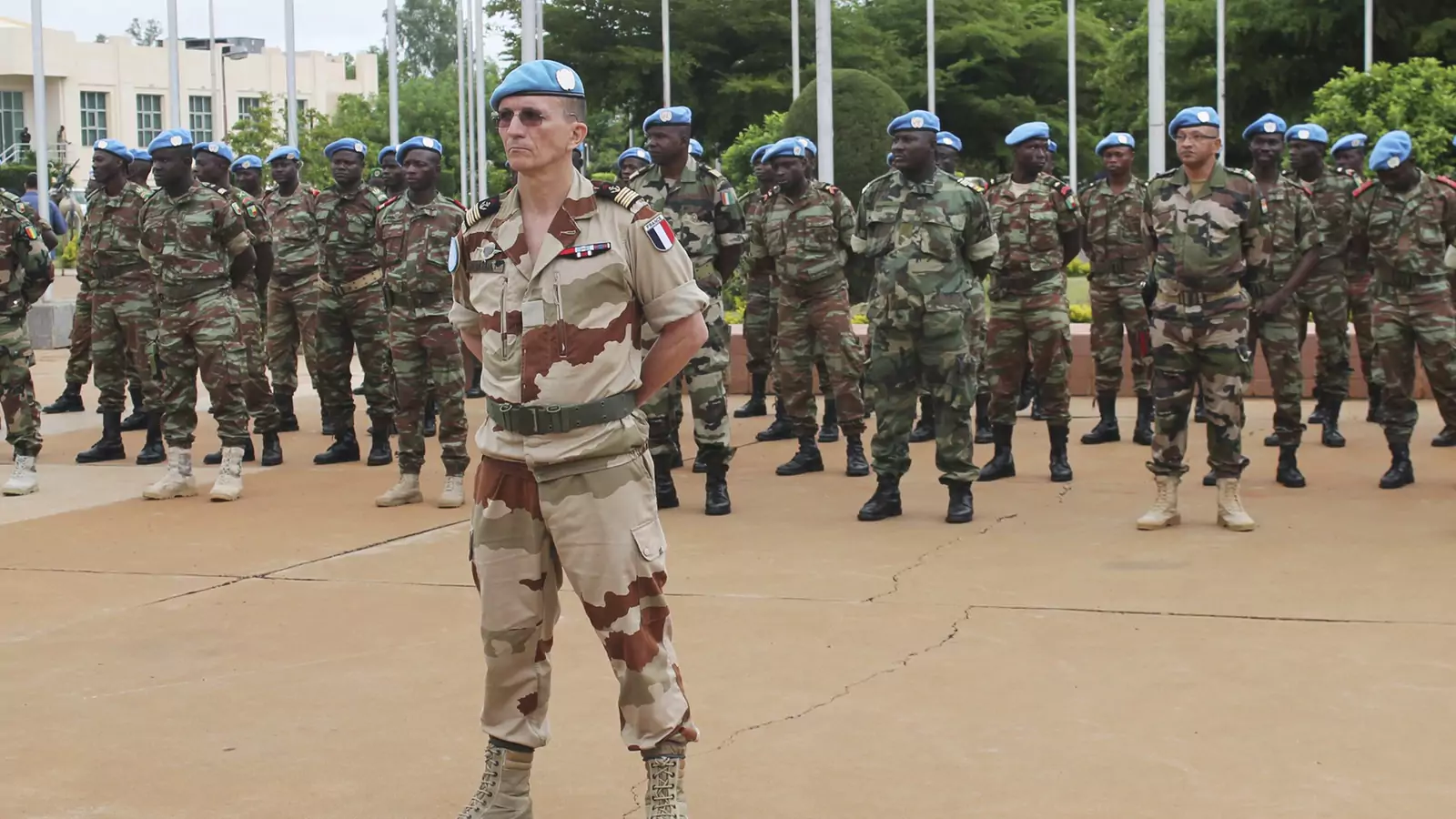
Boris Johnson’s government is deploying three hundred British troops to the UN peacekeeping force MINUSMA in Mali. They will join some fourteen thousand other troops from fifty-six countries. The British troops will be deployed to Gao, in eastern Mali. According to their commander, General Nick Borton, they will be involved with reconnaissance in a radius of about ten miles around Gao.
British deployment to Mali is unusual. The British government has usually left military involvement to the French in the latter’s former colonies, including Mali. The Johnson government’s motivation behind the deployment is unclear. Gen. Borton says the aim is to “support the political process,” but that British forces will return fire if attacked. Yet what “political process” is underway is obscure, other than an ongoing rehash of sterile approaches that reflect a lack of will for fundamental change on the part of Mali’s government and the militant jihadi goals of the insurgents. British media notes that the Johnson government sees the United Kingdom as a “force for good,” and that belief may be some of the context. The British deployment is with UN forces, rather than those of the European Union which have been led by France. Some aspects of the decision to deploy were possibly influenced by the fact that negotiations for the United Kingdom’s withdrawal from the European Union have entered their final days.
The British deployment decision is yet another sign of growing Western European awareness of the jihadi threat in West Africa. Gen. Borton says that the deployment is a consequence of “a combination of violent conflict and unprecedented migration.” The general is likely referring to the growing numbers of internally displaced persons in Mali and elsewhere in the Sahel. But there remains at least some anxiety in Western Europe about a wave of refugees from Africa. West Africa is, indeed, “the near abroad” of Western Europe and hence a region of growing concern and involvement, of which the British deployment is a manifestation.
